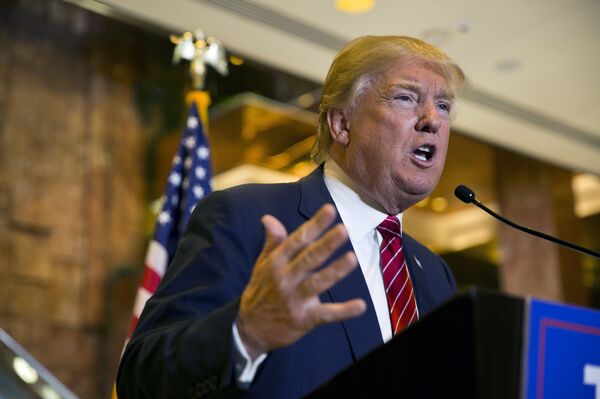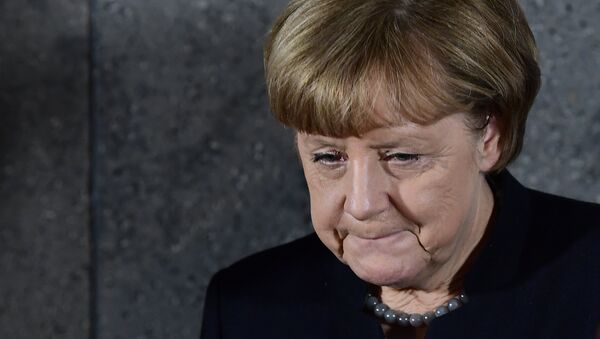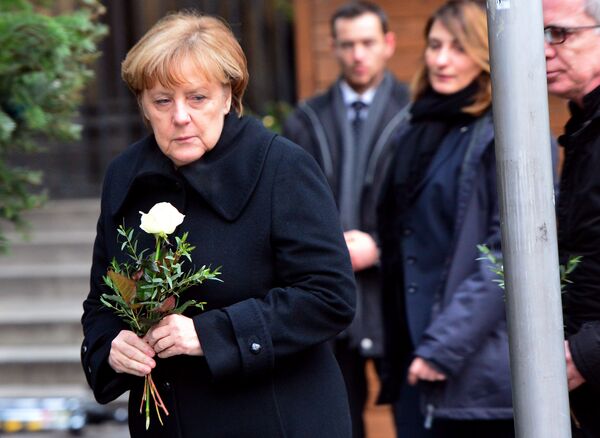Merkel's decision not to attend the summit — themed 'Responsive and Responsible Leadership' — is being seen as an attempt to put space between herself and the annual gathering of world politicians and the leaders of major multinational companies and think tanks.
The meeting in the popular Swiss ski resort, January 17-20, comes on the eve of the inauguration of Donald Trump as the US President and also marks the first attendance of a Chinese president, in the form of Xi Jinping.
The state of the world in 2016 – in charts https://t.co/f4TntyBGR2 pic.twitter.com/yHDmQmMSxB
— World Economic Forum (@wef) 3 January 2017
Merkel's decision is likely to be seen as being driven by two political factors. First, her need to show solidarity and leadership in the wake of the Berlin terrorist atrocity, in which a Tunisian national drove a truck into a Berlin Christmas street market, December 19, killing twelve and injuring more than 50 people.
Second, she is standing for re-election this year and — although her popularity remains relatively high — she has come in for severe criticism over her 'open doors' policy to refugees, which has become politically sensitive — especially in the aftermath of the Berlin attack.
Rich and Powerful
The Davos summit is perceived as a meeting of the great and good, the rich and the powerful, with guests expected to include the top brass from the world's biggest companies including Bank of America, BP, Goldman Sachs, Coca Cola, Google, Unilever, Microsoft and JP Morgan.
Although the forum's organizers do not publish details of attendees, it is likely that participants will include members of President-elect Donald Trump's team, including former Goldman Sachs president Gary Cohn and fund manager Anthony Scaramucci.

WEF founder and Executive Chairman Klaus Schwab — who visited Trump Tower, December, — wrote, ahead of the summit, that the decision to have 'Responsive and Responsible Leadership' as the theme was driven by the need to "reform market capitalism, and to restore the compact between business and society."
"Free markets and globalization have improved living standards and lifted people out of poverty for decades. But their structural flaws — myopic short-termism, increasing wealth inequality, and cronyism — have fueled the political backlash of recent years," said Schwab.



